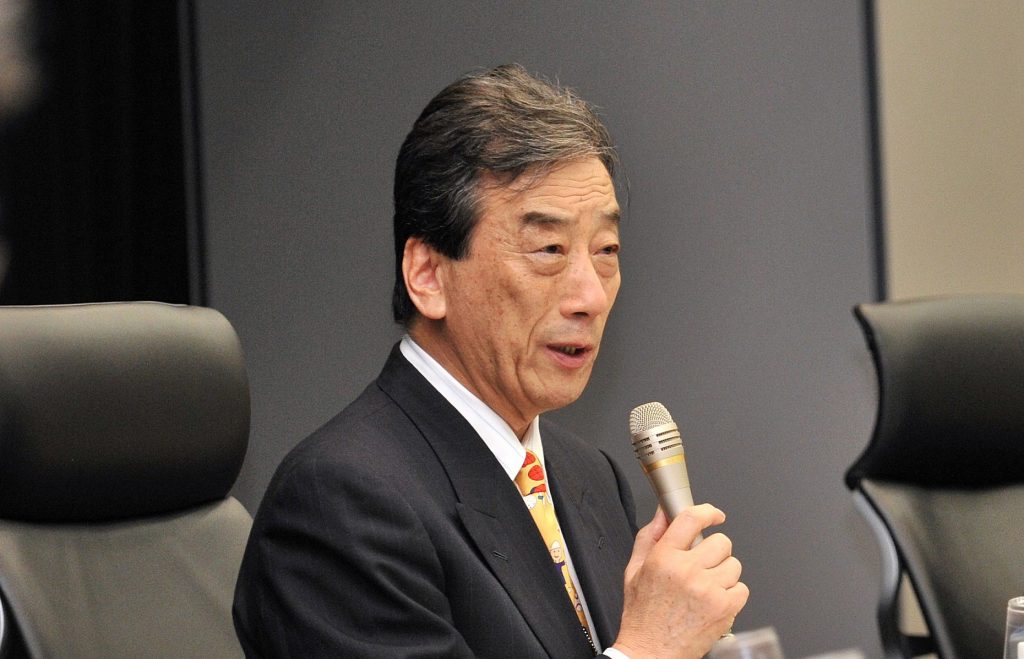
- ARAB NEWS
- 19 Apr 2024

Nine years after Japan's 2011 earthquake and nuclear disaster, the government's handling of the coronavirus epidemic shows it remains hamstrung in responding to crises, the head of the commission that investigated the Fukushima accident said.
Kiyoshi Kurokawa chaired the Fukushima Nuclear Accident Independent Investigation Commission, which determined that the disaster was manmade due to regulatory failures and deficiencies in the government response.
A similar scenario is playing out now with a lack of leadership in parliament and a bureaucracy that cannot adapt to unforeseen crises, Kurokawa said in an interview with Reuters.
"Unless it's written in law, their brains are paralyzed when something happens," said Kurokawa, now an emeritus professor at the National Graduate Institute for Policy Studies.
The March 11, 2011 earthquake and tsunami triggered the world's worst nuclear accident since Chernobyl at the Tokyo Electric Power Co's Fukushima Daiichi plant, 220 km (130 miles) northeast of Tokyo.
Critics have accused Prime Minister Shinzo Abe of an initial lack of leadership and then over-abrupt actions to stem the coronavirus outbreak, such as school closures that left parents and employers scrambling.
Japan has reported 1,278 cases of coronavirus and 19 deaths.
Parliament is set this week to amend a law that would allow Abe to declare a state of emergency over the coronavirus if needed. Such a law should be buttressed by know-how and preparedness on the part of the civil service, Kurokawa said.
"To make this law effective, you have to practice certain things, like with Fukushima and infectious disease," he said. "But how to do it in an emergency? I think Japanese bureaucrats have no experience."
One sore point is Japan's relatively low amount of testing for the coronavirus. The health ministry has built up its testing capacity to more than 6,000 daily but is averaging only about 900 exams per day.
By comparison, South Korea, with at least 7,755 known infections and 63 deaths, has implemented drive-through exams and tested about 200,000 people related to an outbreak at a church.
Health Ministry official Yasuyuki Sahara defended the Japan's response, telling a press briefing that the government was trying to prevent patients "rushing into hospitals" and disabling their ability to deal with severe cases.
Kurokawa, a medical doctor who served as a science adviser to the Japanese cabinet from 2006-2008, said Japan could allay concerns about its virus response by increasing transparency and letting any concerned patients be tested.
"Any patient who comes to the doctor, if they have a reasonable suspicion (of having coronavirus), and they want this testing, just do it," he said. "And what is the price? That comes later anyway."
Reuters